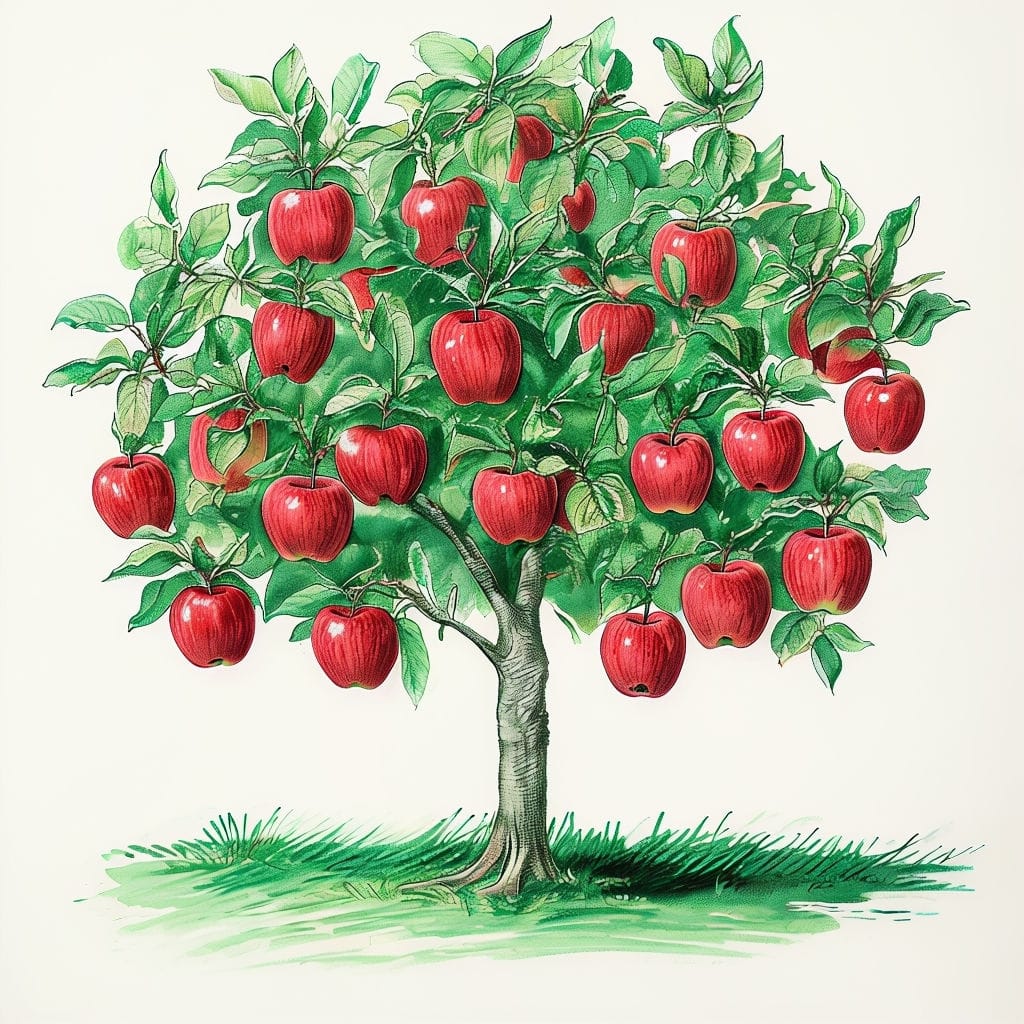The “Emblement”, this term is related to the study of Real Estate and concept of “Emblement” holds significant importance in property law, agriculture, and inheritance. Back from the medieval legal systems, the term has evolved over time to tackle issues surrounding crops, tenancy, and ownership rights. In this blog, we will be learning the historical origins, legal interpretations, practical implications, and modern-day relevance of emblements, aiming to provide an in-depth understanding of the term.

Introduction
The term Emblements are Personal Property, so what is an emblement? well, an emblement, it has two definitions, the first one is a crop itself like a field of corn or a field of cotton. The second one is the right of a tenant farmer to go on the land after the lease has expired to harvest his or her crop. So, the crop itself is called Fructose Industrialists meaning Fruits of Industry. So, crops are Personal Property and not Real Property and the term that we use to define them is Emblement and again the right of a tenant farmer to go back on the land after expiration of lease in order to harvest the crop because the crop took longer than expected for example to mature that right of that farmer is referred to as an Emblement.
Historical Origins and Significance of Emblements
The term “Emblement” originates from the Old French word Embleer, meaning “to sow or plant.” In medieval England, feudal landlords used to lease land to tenants who would then cultivate crops on such land. In circumstances when tenants were evicted or leases ended abruptly, disputes arose over the ownership of the growing crops. To address these issues, the concept of emblements was introduced, granting tenants rights to the crops they had sown.
The concept of Emblement is an essential doctrine, which provide a fair resolution for tenants who invested time and resources into agriculture but lost possession of the land before reaping the benefits of their labor.
Definition of Emblements
Glossary Definition of the Term Emblement says that –
An annual crop that is planted and cultivated by a tenant farmer and is always the Personal Property of the tenant farmer. Also called Fructus Industriales.
Crops which are Emblements-
Emblements generally refer to crops that are:
1. Annual in Nature: Annual crops are those crops that are sown and harvested within a single growing season. Examples of such crops include wheat, corn, barley, and vegetables.
2. Cultivated Through Human Effort: Emblements are considered to be those crops which are not grown naturally and on their own and can be identified as those crops, for which to produce them, there require human efforts and labor.
3. Owned by a Tenant: The concept of Emblements has the significance to recognize the rights of the tenants who had taken the owner’s land on lease for cultivation but even after the lease has expired all the crops grown through their efforts do belong to them as an Emblement which is a Personal Property. It is because these crops have grown through their efforts, but they could not reap the benefits of these crops due to early termination of lease when these crops had not been fully grown.
In legal terms, Emblements are often treated as Personal Property, distinguishing them from the Real Property of the land itself.
Exclusions to the Rule of Emblements
Certain situations are excluded from the doctrine of Emblements, such as:
1. There are certain situations where the Leases get terminated due to the tenant’s fault, such as non-payment of rent. In such situation, the tenant losses his rights on his Emblements i.e. Crops cultivated by him on the owner’s land.
2. The doctrine of Emblement does not apply on Perennial crops or plants that do not require annual planting, and which grow on their own.

I am a Commerce Graduate and Real Estate Consultant.


